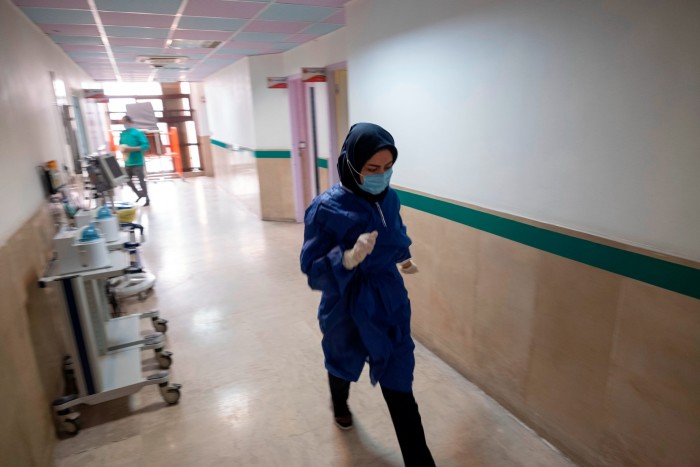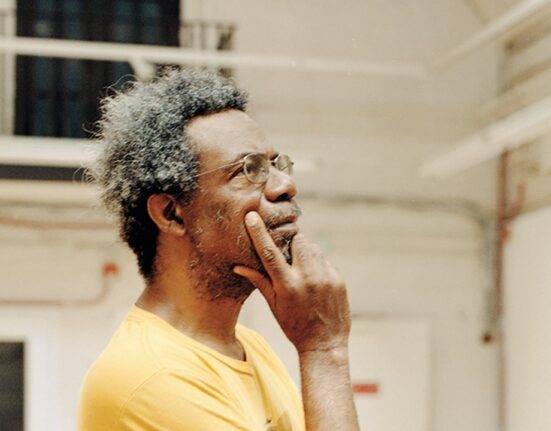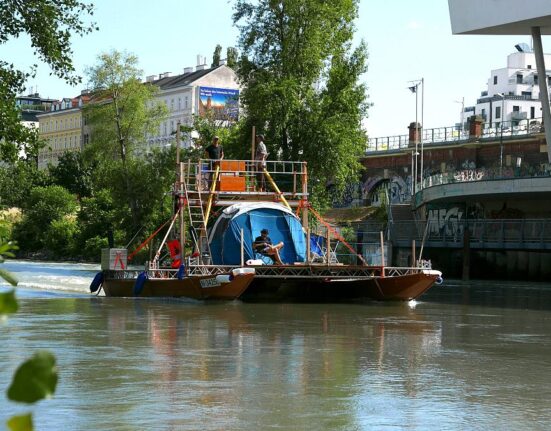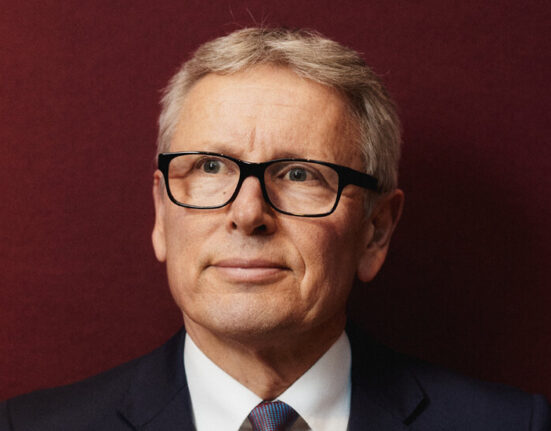Iranian musicians Negar and Amir are facing the biggest dilemma of their decade-long marriage: whether or not to bow to political and economic pressures and leave their home country after finally securing Canadian residency visas.
“There’s no hope for the future, and no trust in a government that has failed to do enough for its people,” said Negar, 35, a professional violinist and music teacher, who spoke on the condition that her full name was not used. “Runaway inflation is intolerable. Our students cannot afford to take lessons and we cannot afford to rent performance spaces.”
Negar and her 38-year-old husband are not alone in considering a move. Pointing to a steep rise in applications by Iranians for asylum or work and student visas overseas in recent years, the Tehran-based Iran Migration Observatory (IMO) has said Iran is going through a phase of “uncontrolled mass emigration”.
The country experienced the world’s fastest growth in the migration rate to wealthy OECD countries between 2020 and 2021, according to OECD data. Numbers rose from about 48,000 in 2020 to 115,000 the following year — an increase of 141 per cent — it said.
According to an IMO analysis of data from the UNHCR, the UN’s refugee agency, the number of new asylum applications made globally by Iranians in 2022 rose 44 per cent compared with the previous year.
Meanwhile, the number of Iranians studying abroad has risen for eight consecutive years, from 49,000 in 2013 to 70,000 in 2021, according to the IMO.

The driving forces are economic and political, say analysts. Iran’s inflation rate has been above 40 per cent for the past four years as the economy is hit by punishing US-led sanctions imposed over Tehran’s nuclear programme.
Meanwhile, the authorities have mounted a heavy crackdown on dissent in response to mass protests that followed the death last year of Mahsa Amini in police custody after her arrest for allegedly breaching hijab rules. Continued geopolitical tensions between Tehran and its rivals, and fears that Iran — which supports anti-Israel and anti-US groups in the region — could be drawn into a broader conflict should the war in Gaza escalate, are also factors.
“The war in Gaza isn’t very far from us,” Negar said. “The sabre-rattling by Israel and the Iranian opposition overseas . . . really freak people out.”
Iranian migrants have traditionally headed for the US, Australia, Canada and Europe. But continued development across the Gulf makes Arab states such as the UAE, Qatar and Oman attractive for those seeking work, and Turkey has also become a favoured destination in recent years, according to the IMO.
Those leaving Iran include professional athletes, artists, skilled workers and technicians from the affluent elite, as well as large numbers of poorer Iranians who often attempt perilous journeys to reach western countries.
Between the start of 2018 and March 2023, Iranian nationals formed the largest group reaching the UK after crossing the Channel from mainland Europe in small boats operated by people-smugglers. According to Oxford University’s Migration Observatory, 18,000 made the crossing — 21 per cent of the total.
Migration among health workers has caused particular concern. Mohammad Sharifi-Moqaddam, secretary-general of Tehran-based NGO the Nurses House, said the number of nurses leaving the country each year had reached 3,000, with the sector now short of 100,000.
“They’re moving to countries such as Germany where they can easily earn €2,500 a month instead of €200 here,” he said earlier this month.
Over the past two years, almost 10,000 doctors had applied for the good-standing certificates that destination countries require from foreign clinicians, according to Hossein-Ali Shahriari, head of the Iranian parliament’s health commission.
Mahsa, 52, a dentist with two decades of experience, who asked that her full name was not used, has been trying to move to Australia, Canada, France or Turkey to give her daughter, a doctor, a more promising future.
“At my age, I may not be able to practice dentistry in another country, but I know my 26-year-old daughter would have no significant income and future here,” she said. “I am also worried about the possibility of war. We’ve already been through war and know what it means.”
The tech industry has also experienced an exodus. An adviser to the economy minister said last September that 50 per cent of Iran’s tech start-ups had applied to set up abroad.
IMO chief Bahram Salavati said 2,000 start-up visas had been issued to Iranian entrepreneurs in Canada and the UK during 2019-2022.
“A number of tech industry specialists believe Iran is a high-risk environment for a start-up because of the unstable economic outlook,” Nima Namdari, a digital economy analyst, told the Financial Times. “Others want to stay at the cutting-edge of knowledge, but are held back by technological underdevelopment and sanctions here.
“The result is, no matter what their motivations, they all leave. And that drains the Iranian start-up ecosystem.”
Officials have downplayed the concerns. Iran’s vice-president for scientific affairs Rouhollah Dehghani Firouzabadi said this month that the immigration data were “not alarming at all”. President Ebrahim Raisi recently argued that immigration by doctors was a trend that could be “reversed”, giving assurances that “decent jobs” were awaiting those who returned.
However, the IMO said in its 2021 report on Iran’s migration outlook that state policies to manage emigration and encourage the return of expatriates were “confused”.
Many of those left behind feel they will have little option but to join the exodus. Negar said that since last year’s protests, many in the artistic community had shunned leading state-run cultural events, such as the annual Fajr music festival, preferring to perform abroad.
“As independent musicians, that leaves us with little choice but to pack our suitcases too,” she said.






